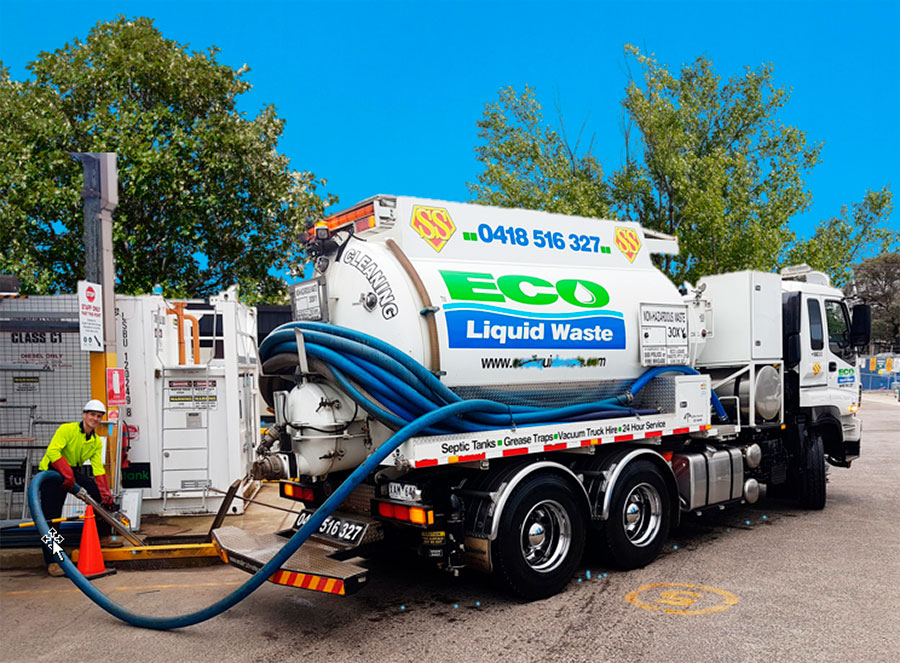Unknown Facts About Reclaim Waste
Unknown Facts About Reclaim Waste
Blog Article
The Facts About Reclaim Waste Uncovered
Table of Contents7 Easy Facts About Reclaim Waste ExplainedExamine This Report about Reclaim WasteThe 45-Second Trick For Reclaim WasteReclaim Waste Things To Know Before You Get ThisExamine This Report about Reclaim Waste
Explore the kinds, incidents, and types of liquid waste. Domestic sewer waste describes the waste and products from a household septic container. This sort of waste is produced by humans in homes, colleges, and various other structures. This only consists of septic systems that have a drainpipe area. The correct administration and disposal of domestic sewer waste require fluid waste to be transferred to a sewage treatment plant where the appropriate methods and equipment are applied to purify and throw away waste.
Industrial waste commonly includes prospective risks, such as flammable materials or a mixture of liquid and strong waste items, and requires an extra innovative and detailed disposal process. The disposal of industrial waste normally entails the filtration of waste prior to transport to make certain safe and appropriate disposal. Industrial waste is developed from results and runoff of commercial procedures and manufacturing.
This type of waste can not use the same sewer management transport or procedures as septic or commercial fluids. The hazardous waste monitoring procedure requires the evaluation and testing of liquid waste before it undertakes the disposal procedure (liquid waste disposal). Overflow waste is the fluid waste that originates from runoff and excess stormwater in highly inhabited locations or cities
Drainage waste can trigger contamination and flooding if not dealt with appropriately. Find out more concerning drain cleaning and waste management. Ensuring correct waste monitoring can prevent calamities and reduce ecological harm. Both individuals in residential setups and professionals in business or manufacturing markets can benefit from recognizing the processes and policies of liquid waste monitoring.
Not known Factual Statements About Reclaim Waste
Get in touch with PROS Services today to discover our waste administration and disposal services and the proper ways to take care of the fluid waste you produce.
(https://www.pageorama.com/?p=reclaimwaste1)Do you know what occurs to your water when you pull the plug, flush the toilet or drain the washing device? No? Well, it deserves recognizing. This so-called 'wastewater' is not just an important source yet, after therapy, will certainly be launched to our land, waterways or the ocean. Made use of water from bathrooms, showers, baths, cooking area sinks, laundries and industrial processes is referred to as wastewater.

water made use of to cool down equipment or tidy plant and devices). Stormwater, a type of wastewater, is overflow that streams from agricultural and metropolitan locations such as roofing systems, parks, gardens, roads, courses and gutters right into stormwater drains pipes, after rainfall. Stormwater flows unattended straight to neighborhood creeks or rivers, ultimately getting to the sea.
Fascination About Reclaim Waste
In Queensland, many wastewater is treated at sewer therapy plants. Wastewater is moved from residential or industrial websites with a system of sewage systems and pump terminals, recognized as sewerage reticulation, to a sewer therapy plant.
The Division of Natural Resources encourages city governments regarding managing, operating and keeping sewage systems and treatment plants. In unsewered locations, neighborhood federal governments may call for householders to mount private or family sewer therapy systems to treat domestic wastewater from toilets, kitchen areas, bathrooms and laundries. The Division of Natural Resources authorizes the use of house systems when they are verified to be effective.
In some new subdivisions, treatment of some stormwater to remove trash, sand and crushed rock has actually begun making use of gross toxin catches. Wastewater therapy occurs in four stages: Gets rid of strong issue.
Wastewater then flows right into big containers where solids settle and are gotten rid of as sludge. Oil and residue are skimmed from the surface area. Utilizes small living microorganisms referred to as micro-organisms to damage down and get rid of staying liquified wastes and fine bits. Micro-organisms and wastes are included in the sludge. Removes nitrogen and phosphorus nutrients that can cause algal blossoms in our rivers and threaten marine life.
Facts About Reclaim Waste Uncovered
Nutrient removal is not offered at all sewer treatment plants due to the fact that it needs expensive specialized tools. Clear liquid effluent created after treatment might still include disease-causing micro-organisms - industrial wastewater treatment.

A lot of wastewater moves into the sewage system. Under the Act, local governments carry out approvals and permits for ecologically appropriate activities (Periods) involving wastewater releases that could have a local impact.
Indicators on Reclaim Waste You Need To Know
Otherwise, examples are taken for research laboratory analysis. Usually many examinations are required to establish the levels of each of the different toxins such as oils, heavy metals and pesticides in water. Surveillance supplies factual info regarding water quality and can confirm that permit problems are being satisfied. The info gotten with monitoring offers the basis for making water quality choices.
Report this page